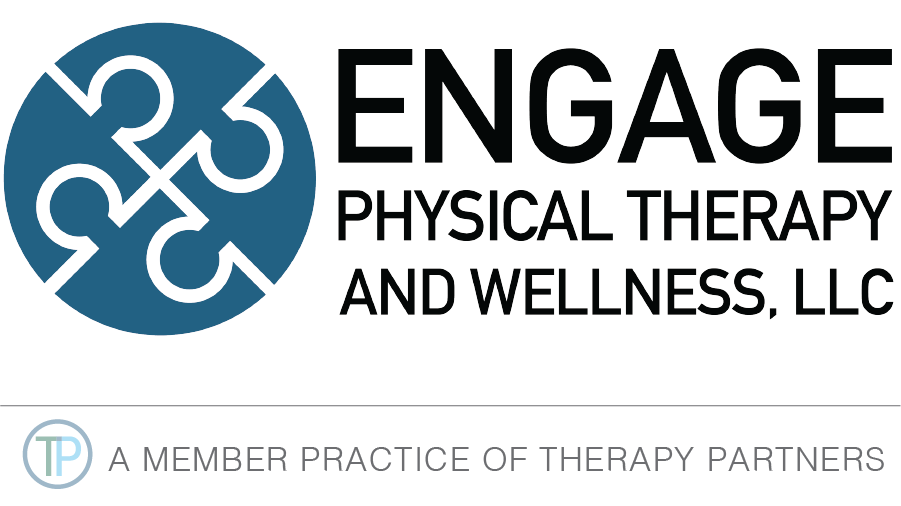Chronic Pain Management Program
Persistent Pain
The International Association for the Study of Pain, ( IASP) defines Pain as a distressing experience associated with actual or potential tissue damage, or described in terms of such damage
Chronic or Persistent pain is defined as pain lasting longer than 3 months beyond the normal time of healing. Chronic pain can start as a tissue pathology, but when chronic begins to be influenced by multiple factors. Many diagnoses associated with chronic pain include, musculoskeletal pain, back pain, fibromyalgia, osteoarthritis, rheumatism, and osteoporosis. In addition, some neurological pain, migraine, injuries after treatment, and trauma, can lead to persistent symptoms.
Pain is personal and different for everyone. We cannot prescribe algorithms or cookbook methods of pain management when it becomes more persistent.
Unfortunately, traditional medical management of persistent pain often goes down a path of overmedicalization, with faulty messaging that instills fear and worry about persistent pain.
Interviewing patients that are coping well with chronic pain reveals that they have mastered and understand the following:
Learning self management interventions and thinking differently about pain, have improved their ability to manage pain
Group support can be helpful but it’s not for everyone
Recognizing the importance of physical activity, and engaging in activity in a supported environment under the guidance of practitioners that understand pain management, helps patients to handle pain better
What We Do
At Engage Physical Therapy and Wellness, we discuss pain theory, barriers in daily life, problem-solving, techniques to deal with being exhausted, poor sleep, and isolation to the extent that you are finding value in any or all of these tasks. We do move and exercise and reframe what your pain means. We use a variety of forms of exercise from yoga, breathing techniques, strength training and cardiovascular exercise that is individualized for the person. We try to reduce the threat, improve confidence and help you self manage your pain. We feel strongly that this is a partnership and want to listen to your needs, wants and expectations.
We are always happy to consult with you to see if this is a good fit.

